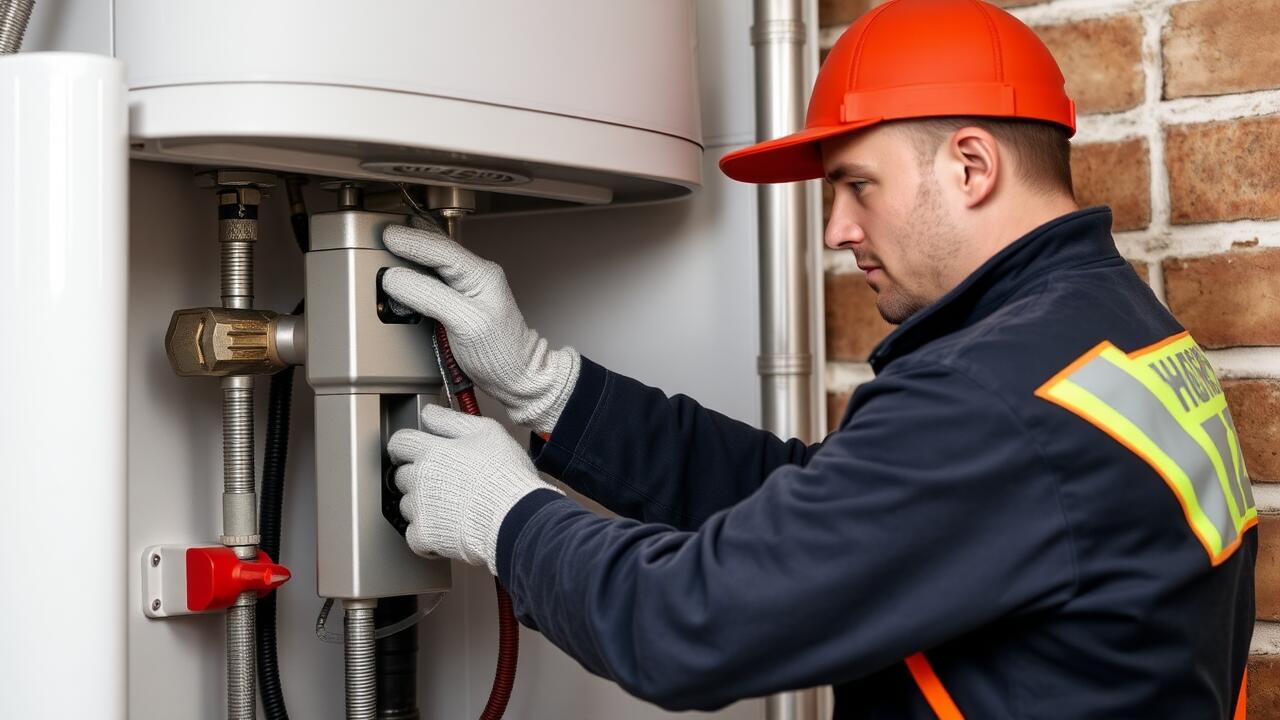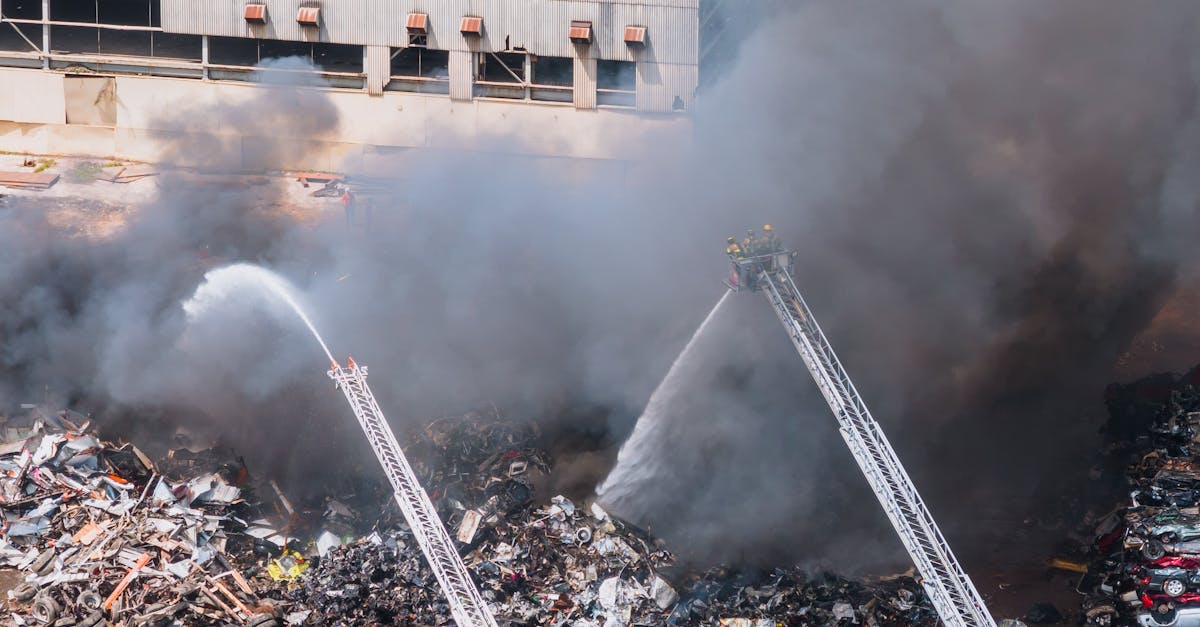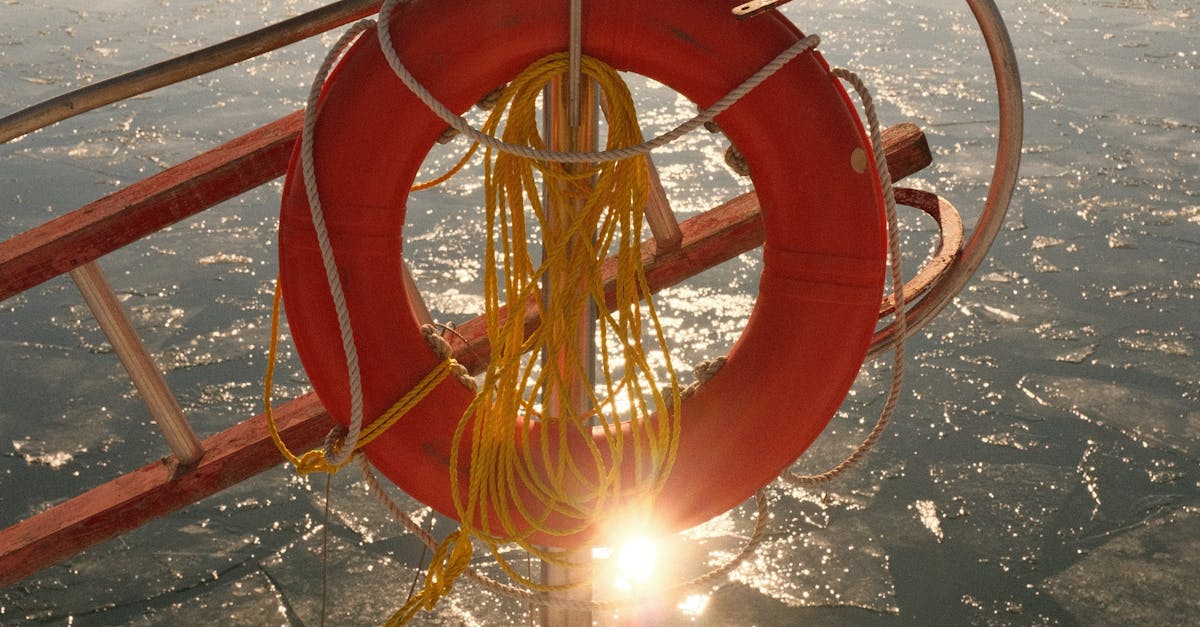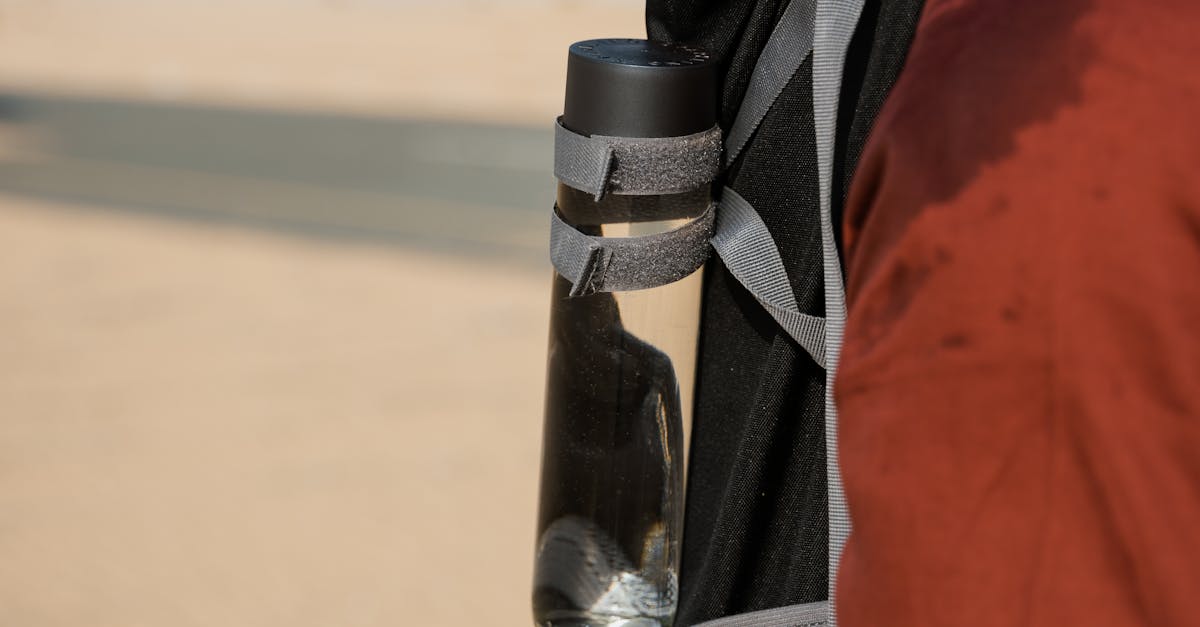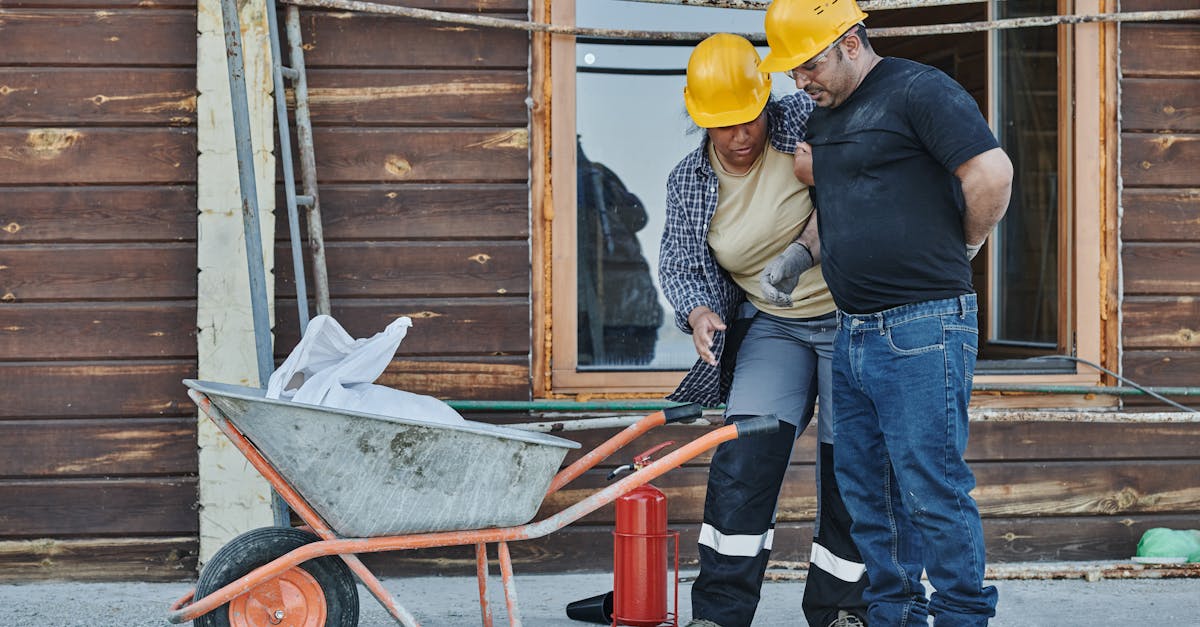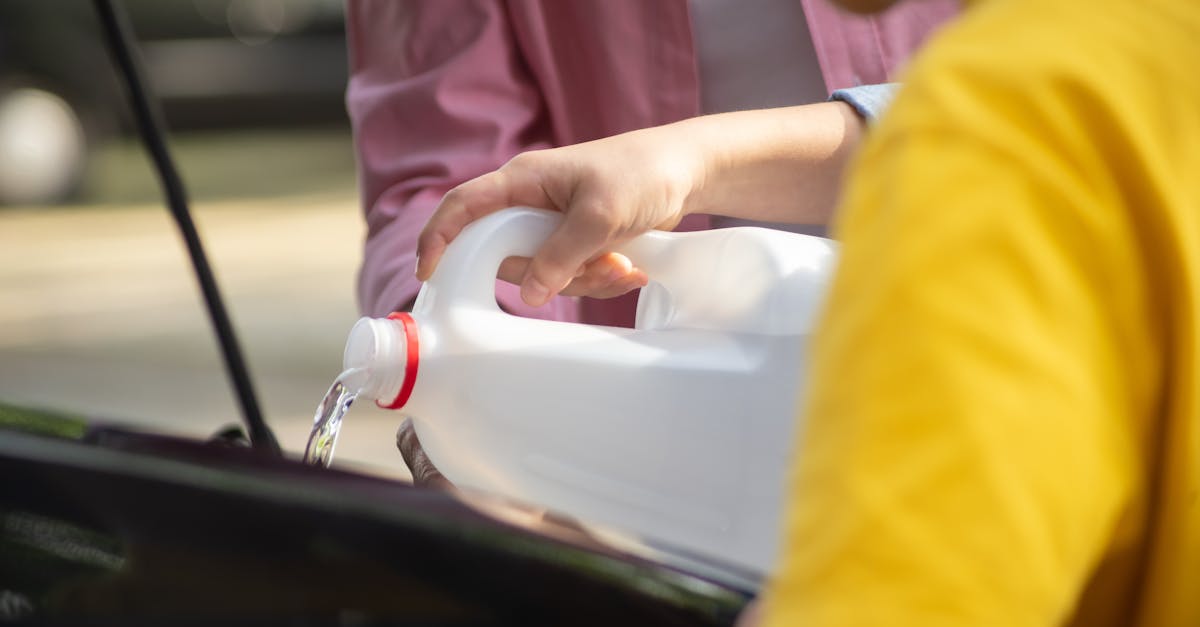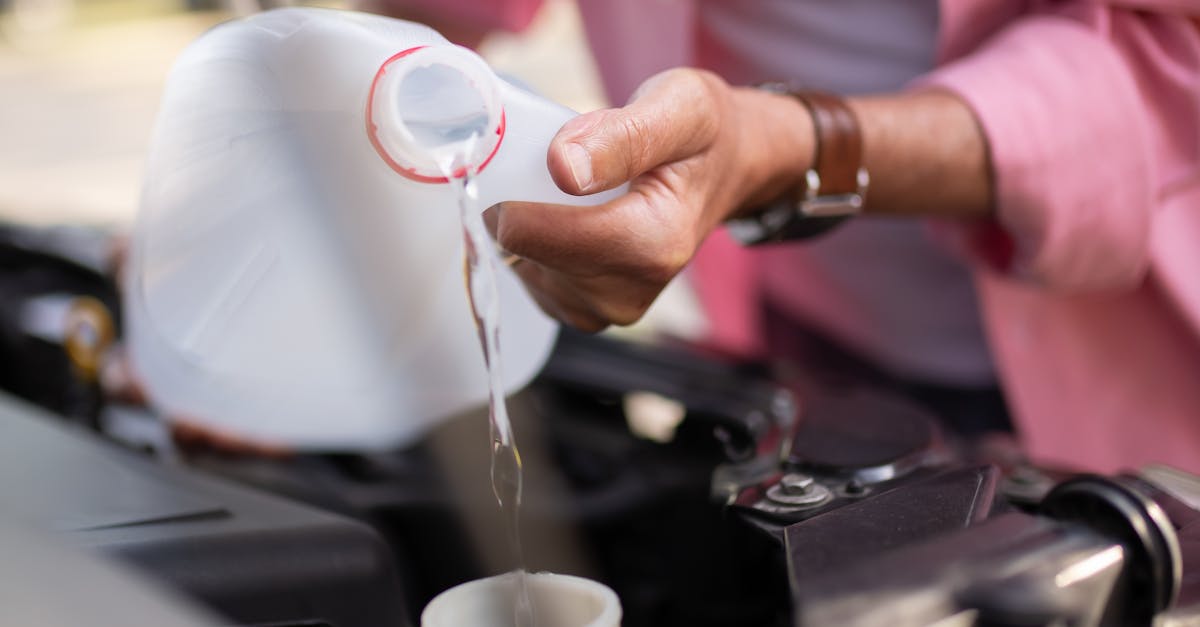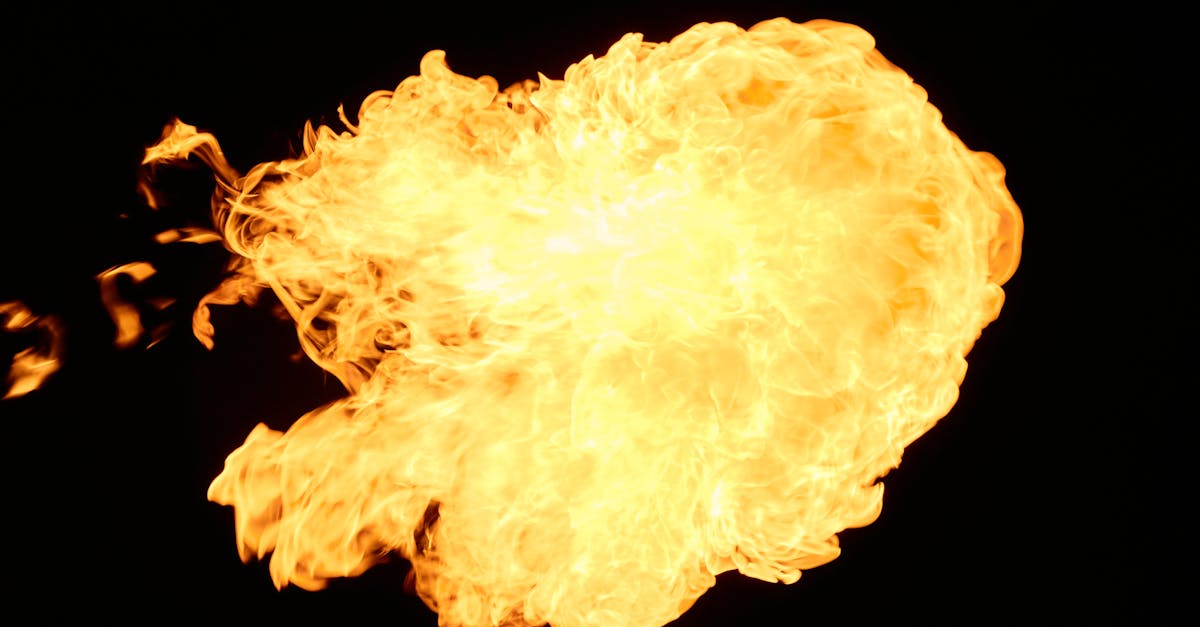
Table Of Contents
Thermostat Malfunctions
A malfunctioning thermostat can lead to inconsistent or no hot water in your system. When the thermostat fails, it may not accurately gauge the water temperature, resulting in cold water when you expect warmth. This issue may prevent your hot water system from reaching the desired temperature, leaving you frustrated during your daily routines. Identifying a faulty thermostat is crucial to restoring your hot water supply efficiently.
If you suspect your thermostat is the source of the problem, consider checking the settings first. Sometimes, the settings may inadvertently change, causing confusion. If adjustments do not rectify the issue, you may need to call in a professional for emergency hot water repair. Technicians can diagnose and replace a faulty thermostat swiftly, ensuring your hot water system operates optimally again.
Diagnosing Temperature Control Issues
Temperature control issues are often at the heart of a hot water malfunction. The thermostat, which regulates the water temperature, can become faulty over time, leading to either scalding hot or icy cold water. To diagnose the problem, check the thermostat settings to ensure they are correct. If the thermostat is set properly and there is still no hot water, it may require further investigation, such as examining the wiring or the heating element. In some cases, professional assistance may be necessary for an emergency hot water repair.
Another potential culprit is sediment build-up in the tank, which can affect heating efficiency. Flushing the hot water tank can clear out any deposits that may inhibit performance. Observing the operation of the water heater will provide indications of temperature issues. If fluctuations occur or strange noises are heard, these signals might suggest deeper mechanical problems needing attention. Addressing these issues promptly can prevent a complete breakdown and may save you from costly emergency hot water repair services in the future.
Leaks in the System
Leaks in a hot water system can significantly disrupt your access to hot water. They may occur in various parts of the system, such as the pipes, valves, or fittings, and can lead to reduced water pressure or complete loss of hot water. Identifying the source of a leak promptly is crucial. Persistent water damage can result in costly repairs and potential hazards like mould growth, which can impact your health.
If you notice any signs of water pooling or dampness around your hot water system, it's essential to conduct a thorough investigation. Early detection often means a simpler fix, potentially saving you from needing an emergency hot water repair. Regular maintenance and inspections can help catch these issues before they escalate, keeping your hot water system running efficiently and safely.
Finding and Fixing Water Leaks
Finding and fixing water leaks requires a systematic approach to ensure all potential issues are identified. Start by inspecting visible pipes for any moisture, corrosion, or drip marks. If the leak isn’t readily apparent, check around joints and connections, as these areas often show signs of wear. Pay special attention to the hot water heater itself, as leaks can originate from the tank or its fittings. Sometimes, even a small leak can lead to significant water loss and must be addressed promptly.
If you identify a leak but lack the tools or expertise to fix it, consider contacting a professional for emergency hot water repair. Professionals possess the experience necessary to handle various types of leaks, from minor drips to larger system failures. Avoid delaying repairs, as unresolved leaks can escalate into costly damage and impact your hot water supply.
Age of Your Hot Water System
The age of your hot water system significantly impacts its efficiency and reliability. Many units have a lifespan of around 10 to 15 years. If you notice a sudden loss of hot water, it could indicate that your system is becoming outdated. Older systems may struggle to maintain temperature or meet your household's hot water demands. Regular maintenance can extend the life of these units, but eventually, they may require more frequent repairs.
In cases where your hot water system is nearing the end of its operational life, replacing it might be more economical than frequent emergency hot water repair. Newer models tend to have improved energy efficiency and greater capacity. Investing in a modern unit not only ensures a consistent supply of hot water but can also save you money on energy bills in the long run. Evaluating the age and condition of your system is crucial in deciding whether to repair or replace it.
When to Consider Replacement
If your hot water system is more than 10 to 15 years old and showing signs of frequent issues, replacing it may be a more cost-effective solution in the long run. Older systems can become increasingly inefficient, and the cost of repairs can add up quickly. Relying on emergency hot water repair can lead to frustration, especially if it interrupts your daily routine.
Consider the ongoing maintenance and energy costs associated with an aging system. Newer models offer improved efficiency and performance, which can save you money on your utility bills. Additionally, a modern unit may come with warranties and features that enhance your hot water supply. If your current system is pushing past its life expectancy, it’s wise to explore your replacement options.
FAQS
What common reasons could cause a sudden loss of hot water?
Common reasons for a sudden loss of hot water include thermostat malfunctions, leaks in the hot water system, and the age of the hot water system itself.
How can I tell if my thermostat is malfunctioning?
You can check if your thermostat is malfunctioning by looking for inconsistent water temperatures, a lack of hot water, or if the thermostat is not responding to adjustments.
What should I do if I suspect there is a leak in my hot water system?
If you suspect a leak, inspect the area around your hot water system for water pooling or dampness. It's advisable to contact a plumber to locate and fix the leak to prevent further damage.
How can I determine if my hot water system needs to be replaced?
You should consider replacing your hot water system if it is over 10-15 years old, frequently requires repairs, or if it's no longer providing adequate hot water for your needs.
Is it safe to try and repair a hot water system myself?
While some minor issues may be addressed by homeowners, it’s generally safer and more effective to hire a licensed plumber for repairs to ensure safety and compliance with regulations.
